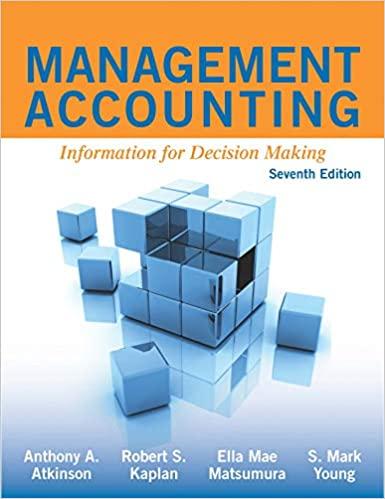Answered step by step
Verified Expert Solution
Question
1 Approved Answer
21. What led to the creation of the social category and political identity of non-status Indians? a) Enfranchisement provisions b) Abocide c) Self-government d) Conservative

21. What led to the creation of the social category and political identity of "non-status Indians"? a) Enfranchisement provisions b) Abocide c) Self-government d) Conservative federal governments e) The Indian Act 22. What is the significance of Bill C-31? a) It removed the right of bands to deny membership to certain individuals even though they had legal Indian status. b) It discontinued the practice of issuing a disc number to the Inuit. c) It added patrilineal definitions eligibility for Indian status. d) It removed the right of non-Indian men who married Indian women to be granted Indian status. e) It eliminated the enfranchisement provisions and reinstated some people who had lost their Indian status as a result of the enfranchisement provisions. 23. Which of the following is NOT a consequence (either actual or speculated) of Bill C-31? a) Legal definitions of identity continue to conflict with self-definitions and community acceptance, resulting in the creation of an increasingly complex "caste system." b) Since the bill was passed, there has been a significant increase in the status Indian population of Canada, particularly in urban areas, as a consequence of reinstatement. c) Many bands have developed blood quantum rules for their membership codes, which have raised controversy and concerns that bands will try to maintain the "racial purity" of their community and discourage marriages with non-Indians. d) Because non-status Indians have special rights in the Constitution and status Indians do not, the act has created economic and social cleavages for many Indigenous communities. e) Some critics argue that abocide was part of the government's hidden agenda, in that, in another 20 years, intermarriage may result in there being an increase in non-status Indians and a decrease in status Indians. 24. Which of the following is NOT one of the "still stubborn disparities found in the social, health, educational, and economic conditions of status Indians in Canada? a) Status Indians continue to experience shorter life expectancies and higher rates of chronic illnesses and infant mortality than the rest of the Canadian population. b) Significantly more Indigenous people living on reserve receive government transfer payments than does the rest of the Canadian population. c) Just over one-quarter of status Indians living on reserves have less than a Grade 9 education, more than double the rate for other Canadians. d) Unemployment rates for Indigenous people living on reserve have decreased dramatically in the past decade and are now roughly equal to the rest of the Canadian population. e) Approximately one-quarter of reserve communities have inadequate or absent water services and sewage services. 25. Which of the following statements regarding the issue of First Nations alcohol addiction is true? a) It is based on essentialist and primordial understandings of "race" differences. b) It is most likely the consequence of complex sociological and historical factors. c) It is often explained sociobiologically as "the firewater theory," a disease model of alcoholism. d) It is often attributed to the belief that Indigenous peoples are predisposed to alcoholism due to a chemical dysfunction in the brain. e) All of the above 26. According to the authors of your textbook, which of the following groups is/was forced into being "transnational," yet is/was significantly constrained from becoming or forming a relatively permanent diaspora community? a) Ukrainian-Canadians who were interned in labour camps during the First World War b) Chinese workers on the railroad in nineteenth century Canada c) Migrant workers from Mexico who come to work in Canada every year d) Women from the Philippines who come to Canada under the Live-In Caregiver Program e) Lebanese immigrants who came to northern Alberta in the early twentieth century
Step by Step Solution
There are 3 Steps involved in it
Step: 1

Get Instant Access to Expert-Tailored Solutions
See step-by-step solutions with expert insights and AI powered tools for academic success
Step: 2

Step: 3

Ace Your Homework with AI
Get the answers you need in no time with our AI-driven, step-by-step assistance
Get Started


